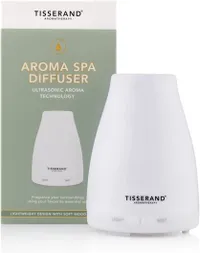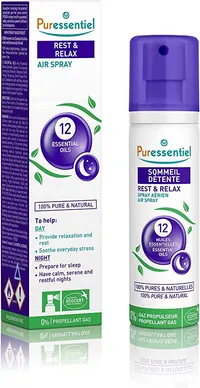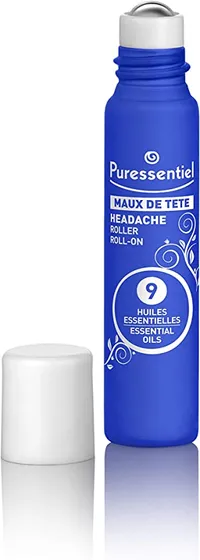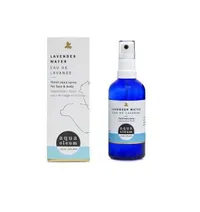Essential oils: What are their benefits and how to use them
They don't just smell good, they can do lots of good too – but only if you know how to use them effectively

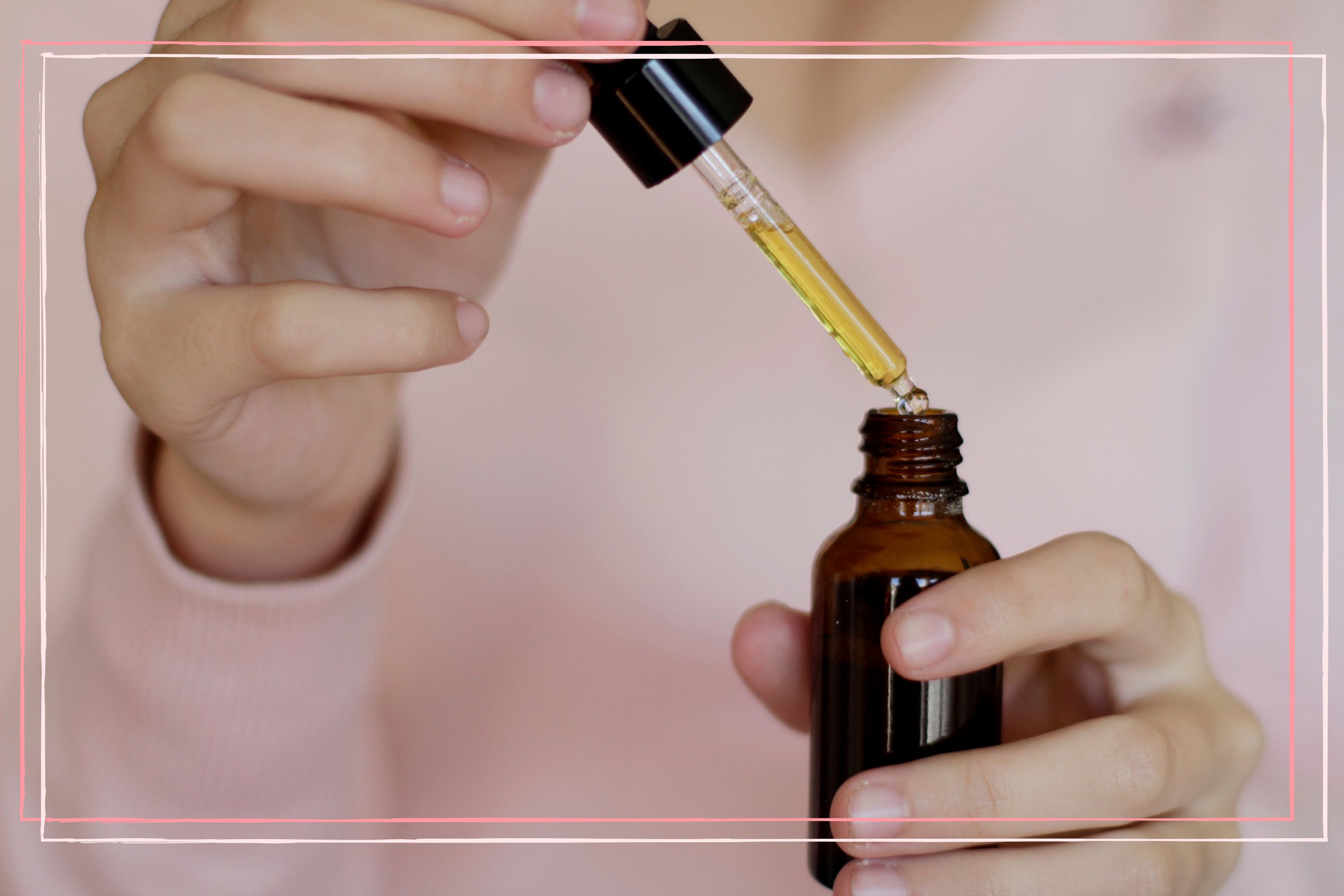
Parenting advice, hot topics, best buys and family finance tips delivered straight to your inbox.
You are now subscribed
Your newsletter sign-up was successful
Knowing how to use essential oils is key to getting the most out of them, whether you’ve heard that they are powerful natural anxiety remedies or soothing sleep aids.
The attraction of using essential oils to improve our health and wellbeing is obvious: they’re inexpensive, natural and we have access to them from home. They've also been well researched. Aromatherapy is one of few tried-and-tested natural ways to help you fall asleep, and the application of certain oils is often suggested by natural health experts among their top tips for healthy hair: we’ll cover both of these uses below. And the great news is, essential oils are far more versatile than that, which means you get great value for your money. Aromatherapist and expert advisor to Tisserand Aromatherapy, Jo Kellett says: “Essential oils are composed of many different chemical molecules that have varying therapeutic properties. Some, as you may know, help with sleep and others reduce anxiety. But aromatherapy can help with so many other complaints. I see clients who present with mental health concerns as well as physical issues such as IBS, menstrual imbalance, muscular aches and pains… the list goes on!”
One mistake often made by first-time essential oil-users is to assume that because essential oils are natural, they are completely safe. Aromatherapist, best-selling author and managing director of Aqua Oleum, Julia Lawless says: “Essential oils are concentrated liquids extracted from plants. They need to be respected and used with caution.” And as with plants, they each have unique properties, effects and uses, so doing your own research, or asking an expert for advice, is vital.
How to use essential oils:
Researcher, natural health and wellness expert and part of Puressential's expert hub, Dr Tim Bond says: “The most common way of using essential oils is to inhale them, most conveniently in the form of a spray, or alternatively inhaling them from a bottle or by using a diffuser or humidifier." You can also inhale essential oils simply by putting a few drops on a tissue or piece of cotton wool.
"Inhalation is the fastest way to get essential oil molecules into the body," adds Dr Bond. They activate receptor cells in the nose, which then signal our brain to release neuro-messengers linked to our immune system and other bodily systems, some of which influence heart rate, blood pressure and breathing.
A post shared by Aromatherapy Education (@tisserandinstitute)
A photo posted by on
Other ways to use essential oils:
- Massage
- Aromatic bathing
- Skin & beauty care
- First-aid
- Scenting household items such as linen
- Natural disinfectants and cleaning agents
- Natural perfumes
- Room fresheners
- Purifying the air to ward off airborne germs
As a result of natural remedies gaining popularity, electric diffusers/vaporisers like the Aroma Spa Diffuser below are now a must-have item for many wellness enthusiasts. “The benefit of using an electric diffuser is that it can be precisely controlled," says aromatherapist Julia Lawless.
Parenting advice, hot topics, best buys and family finance tips delivered straight to your inbox.
Make sure you follow the correct instructions for your appliance. This usually involves adding a certain number of drops of your pure essential oil or blend to an amount of water.
Natural health researcher Dr Bond says: “If using a diffuser aim for intermittent use for 30-60 minutes at a time. Build up gradually to doing this about 3 to 4 times daily as your body adapts.” For example, don’t let your diffuser run all night – instead use it to prepare a room for a good night's sleep or meditation session. And don’t think that exceeding the dose you have been advised to use will be more effective – it won’t. “Diffusing continuously does not increase the benefits and can cause toxicity,” says natural health researcher Dr Bond.
You must also ensure that you keep your diffuser maintained. “An improperly cleaned diffuser can lead to growth of microbes and increased risk of infections,” adds Dr Bond.
Tisserand Aromatherapy Aroma Spa Diffuser - £27.80 | Amazon
When switched on, the ultrasonic diffuser begins to vibrate water molecules at a specific frequency. This causes the water to heat up, producing steam with tiny bubbles. The essential oil is heated in the water reservoir and, as the steam begins to rise, the ultrasound breaks the bubbles apart to form an incredibly fine vapour. This diffuser also provides chromotherapy through gentle variations of soft coloured light.
The most important rule to stick to is to never use oils neat; this includes to bathe in, massage with or as first-aid (studies show lavender oil promotes wound healing, among other things).
Aromatherapist Jo Kellett says: “Essential oils should not be taken internally or used neat on the skin even though you may have read otherwise.” You should always dilute the oils to the correct strength – this is most commonly done at home using a carrier oil (such as coconut, olive or sunflower oil), though it is possible to add essential oils to creams, lotions and even gels.
If you don't dilute your essential oil, it may irritate or even burn the skin. Adding pure essential oils to water is not enough, as the two substances will not mix, which could lead to skin irritation. Follow the instructions provided on your product to create the correct strength for you.
Finally, it’s important you buy a safe, quality product. There are a few ways you can check this before you buy:
- Buy 100% pure or organic essential oils. Aromatherapist Julia Lawless says: “Some brands commonly adulterate and dilute their essential oil products with synthetic substitutes.”
- Read the product name. “A quality product will use the oil’s scientific name. For example rosemary is Rosmarinus offinalis,” says natural health researcher Dr Bond.
- Check if the brand belongs to the Aromatherapy Trade Council. “That way you will know that their essential oils have passed guidelines for safety, labelling, packaging and marketing,’” says aromatherapist Jo Kellett.
Are essential oils safe to use during pregnancy?
While some are thought to be helpful, you should not use essential oils during pregnancy – particularly during the first trimester – unless you are doing so under the guidance of a professional.
There are many studies that show certain essential oils can help during pregnancy and labour. For example, lavender can aid relaxation throughout pregnancy and during labour, according to a study published in Nursing & Care Open Access Journal, “and lemon oil inhalation is useful if dealing with nausea, according to research," says natural health researcher Dr Bond.
Understandably then, aromatherapists may prescribe essential oils, but they must be used correctly and therefore shouldn’t be used without their supervision. For example, aromatherapist Julia Lawless would advise that if pregnant, you halve the percentage used: “I would dilute massage oils to just 1.5% during pregnancy rather than using a 3% blend.”
And there are a few essential oils that are best avoided altogether. These include clary sage, rosemary, hyssop and fennel.
Aromatherapist Julia Lawless also advises that you should “avoid using essential oils on babies under six months,” though there are several alternative, safe baby massage oils. Meanwhile, children and the elderly also require weaker essential oil solutions. The potential health risks are demonstrated by three cases of prepubertal gynecomastia in boys aged 4-10, which research concluded may have been caused by repeated topical application of lavender and tea tree oils. It is thought this disrupted hormones that control male characteristics.
Always read product labels, as many will warn against use during pregnancy, and if you are unsure how to use essential oils safely, use The International Federation of Aromatherapists directory to find a local aromatherapist.
Benefits of essential oils
1. Essential oils for hair growth
Rosemary is the most well-known aid for hair growth. One six-month long study found that rosemary oil performed as well as minoxidil, a popular hair growth treatment, while it caused less side-effects, such as itching.
There are several more essential oils that are proven to help, as well as other natural remedies for hair loss. Natural health researcher Dr Bond says: “A laboratory study has shown the benefit of lavender essential oil in hair growth promotion. Peppermint oil creates a cold sensation where it is applied. This can increase circulation and a laboratory study has shown that it can also improve hair growth.”
2. Essential oils for headaches
Both lavender and peppermint oil are commonly used to treat a sore head.
Aromatherapist Jo Kellett says: “Lavender oil has been used traditionally for soothing headaches for centuries.” Add a few drops to a tissue and inhale.
Natural health researcher Dr Bond adds: “Peppermint oil is another commonly used essential oil to treat headaches and migraine attacks. It contains menthol, which can help relax muscles and ease pain.” One study found that peppermint oil was as effective as paracetamol in treating tension-type headaches, which is the most common type of headache characterised by pain on both sides of the head. Several other essential oils, such as chamomile, which can help muscles to relax, could also help.
3. Essential oils for anxiety
Several essential oils can help with anxiety, including bergamot, lemon, rose, neroli and cedarwood – lavender is the most commonly used.
Natural health researcher Dr Bond says: “Lavender essential oil has traditionally been used for anxiety and helping sleep. A 2019 research review evaluated 71 studies that used lavender to ease anxiety. It found that inhaling lavender could significantly lower anxiety levels measured using a clinically validated scale.”
4. Essential oils for better sleep
Lavender oil is a well-known sleep aid. A US study of 31 young people found lavender essential oil increased both slow and rapid eye movement (REM) sleep in participants and left them feeling more energised the next day.
In addition, “sandalwood, which is rich in alpha and beta-santalol compounds, has recognised sedative effects,” says natural health researcher Dr Bond.
“Spray a little lavender water onto a pillow before retiring to encourage a restful night’s sleep,” says aromatherapist Julia Lawless.
5. Essential oils for congestion
Add a few drops of eucalyptus or peppermint oil, which contains menthol, to a bowl of hot water and inhale.
Natural health researcher Dr Bond says: “Essential oils are a popular natural treatment for sinus congestion, unblocking a stuffed nose and promoting sinus drainage. Several, including eucalyptus, lavender, lemon, oregano, peppermint, tea tree and thyme oils have antimicrobial properties.” This means that as well as clearing nasal congestion, they also help fight infection and prevent the spread of airborne germs, which makes essential oil-infused steam inhalation one of the best natural flu remedies.
6. Essential oils as insect repellent
The strong, distinctive fragrances of essential oils make them repellent to some insects. Citronella is probably the best known for its use as a mosquito repellent. “This can either be diffused into the air or applied to the skin directly as a flower water, as long as it is applied regularly,” says aromatherapist Julia Lawless.
Aromatherapist Jo Kellett adds: “Peppermint is considered a spider deterrent." Place two drops on a cotton wool ball and place where you'd like to keep spider-free. "Finally, Cedarwood is an effective moth deterrent. Again, place two drops on a cotton wool ball and place in your wardrobe or amongst your clothing," says aromatherapist Jo Kellett.
Our pick of the best essential oils:
1. Puressential Rest & Relax Air Spray - £9.99 | Boots
A 100% natural solution to help prepare your sleep space for a peaceful, serene and restful night. This convenient, ready-to-use spray soothes everyday stress thanks to a formula containing 12 essential oils such as lavender, lemongrass and sandalwood
- View Puressential Rest & Relax Air Spray - £9.99 | Boots
2. Tisserand Aromatherapy Sleep Better Bath Oil - £7.59 | Amazon
This blend of jasmine, sandalwood and lavender 100% natural pure essential oils will help you relax and prepare for a blissful night’s sleep.
- View Tisserand Aromatherapy Sleep Better Bath Oil - £7.59 | Amazon
3. Puressential Headache Roll-On - £7.49 | Amazon
Highly recommended by natural health researcher Dr Tim Bond, this natural headache solution contains nine pure essential oils, including lavender and peppermint oil, all of which have relaxing and calming properties. Practical to use on the go, it provides an instant refreshing effect without an oily texture.
- View Puressential Headache Roll-On - £7.49 | Amazon
4. Aqua Oleum Lavender Water - £7.99 | Aqua Oleum
As suggested by aromatherapist Julia Lawless, this 100% pure and natural fragrant floral water spray can be spritzed on your pillow to promote a restful sleep.
- View Aqua Oleum Lavender Water - £7.99 | Aqua Oleum
Video of the week

Jo Kellett started her aromatherapy journey over 20 years ago at the acclaimed Tisserand Aromatherapy Institute, leading her to open her private practice, From The Seed. The aromatherapy guru has lectured on essential oil therapeutics both in the UK and internationally, and with her years of experience and wealth of knowledge, Jo is truly passionate about educating others on how essential oils can be incorporated into your everyday life; benefitting your mind, body and soul.
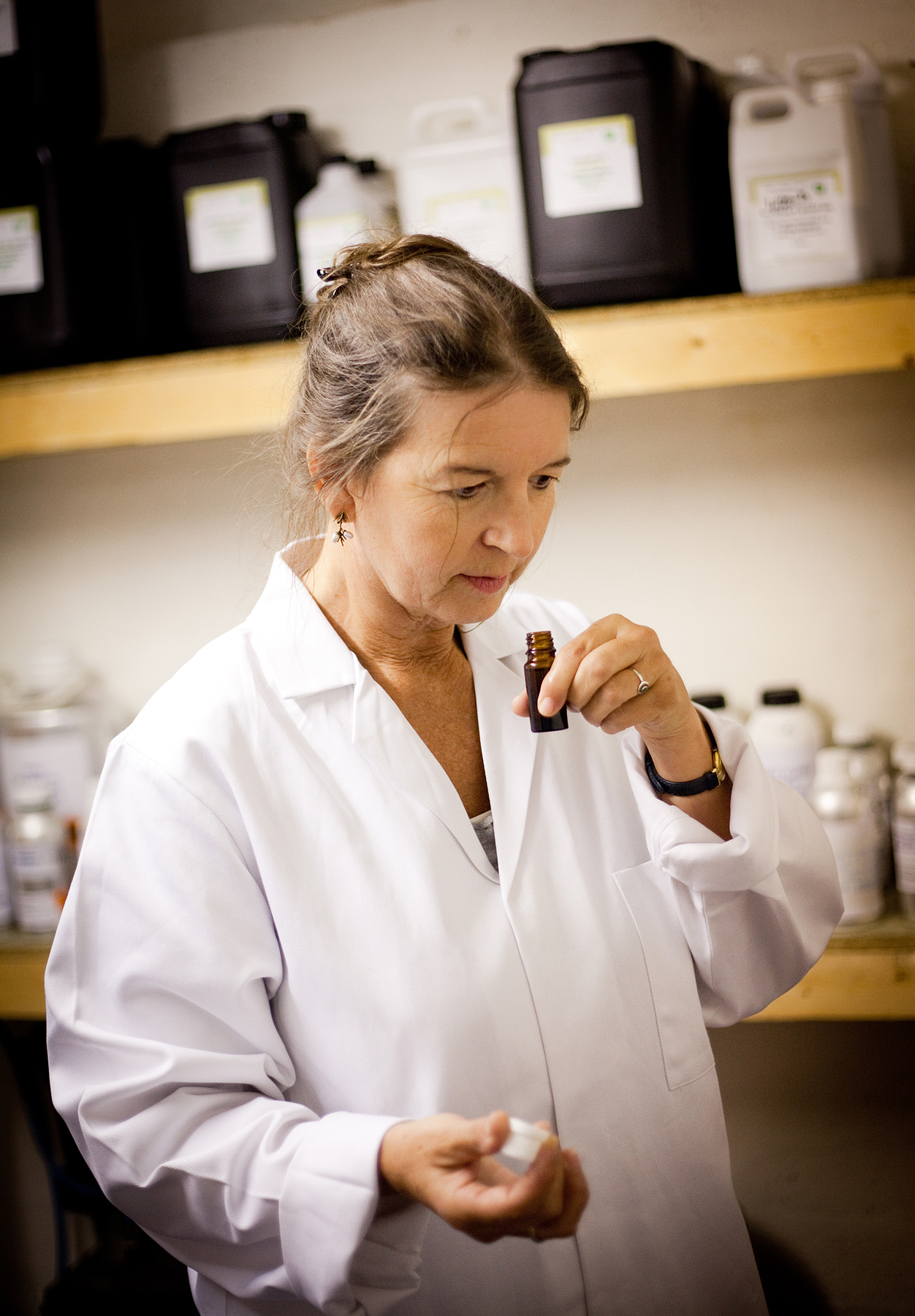
Aromatherapist, best-selling author and managing director of Aqua Oleum, Julia Lawless specialises in self-care rituals and the use of natural products to facilitate self-care. Julia has written several books on the subject including 'Home Aromatherapy' and 'The Complete Aromatherapy & Essential Oils Sourcebook'.

Dr Tim Bond is a chemist, natural health expert and researcher across essential oils, plants, food, beverages (including tea and herbal infusions), and has been working in the natural health sectors for more than 28 years. Tim has a national and international reputation, publishing peer-reviewed research papers across plant compounds, essential oils, tea, herbal infusions and natural health. Tim also lectures at natural health events.

Jenny Rowe joined Future in January 2022 as Senior Health Writer on Woman&Home, Woman and Woman’s Own magazines. She graduated from Oxford University with a degree in English Literature in 2016. Since then she has worked within the editorial teams at Country & Town House and The Chelsea Magazine Company, alongside writing for The Independent, Breathe and Planet Mindful. She’s a keen cross-country runner and triathlete with a love of the great outdoors and a passion for the world of women's wellness.
